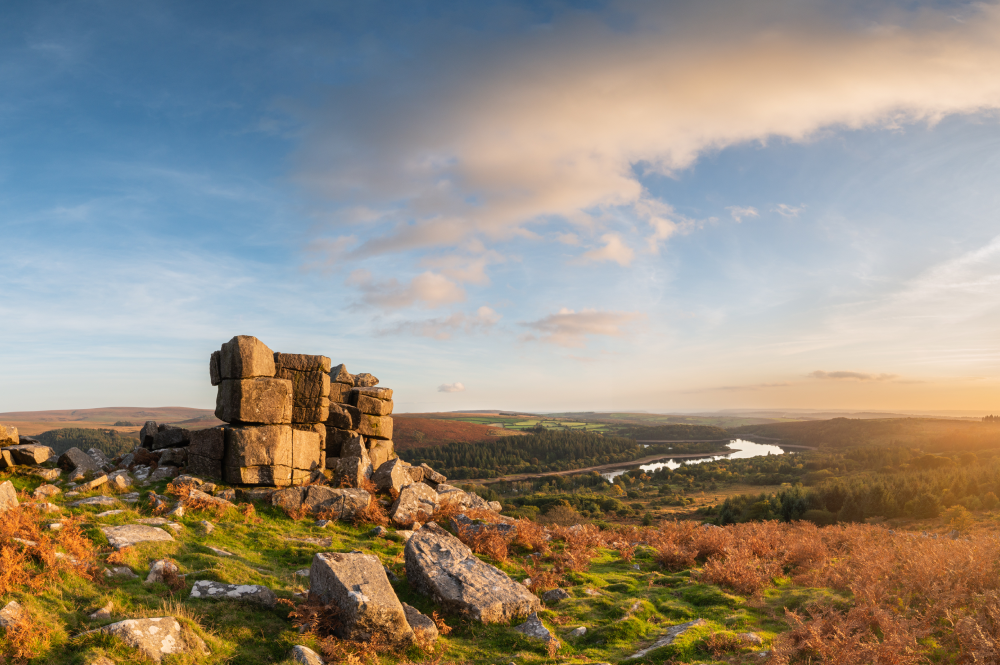Conservationists vs The Sheep

Dartmoor National Park is located in the county of Devon in south west England. In 1951 it was designated as a national park and in 1985 the Dartmoor Commons Act was passed which created a new commons council with the power to regulate grazing on the moor. It is most famous for its Dartmoor ponies.
The park spans 368 square miles (954km2) and a third of this land is protected as Site of Special Scientific Interest (SSSI); meaning it has biological and geological importance or as Special Area of Conservation (SAC) meaning that by European Union standards it is of international importance.

Dartmoor is home to the golden plover, red grouse and ring ouzels. These birds are either extinct or on the verge of extinction. Over 90% of the designated SSSI is deemed as ‘unfavourable conditions’ and only 6.6% of SAC land is classed as ‘favourable’. So, why 73 years on from its designation as a national park is this now reaching the headlines? Simply put because of farming.
Sheep have been grazing on Dartmoor for centuries. Their inhabitants changed the ecology of the moor and it was common practice to send sheep up in the summer and bring them home in the winter, giving the moor time to regenerate. The problems began in the 19th century when hardier breeds of sheep were brought in from Scotland called Scotch Blackface. Not only are these sheep able to graze all year round but numbers of sheep on the moor have increased from around 44,000 in the 1950s to over 145,000 since the 2000s, with these Scottish sheep being the most common.
Natural England are the custodians for the protected areas of the moor. In 2023 they wrote to commoners (farmers) that livestock numbers may need to be reduced if they wanted to continue receiving payments for protecting the moors. Dartmoor farmers operate on some of the tightest margins compared to other farmers around the country, As a result of post brexit subsidy reductions some farmers have seen their incomes drop by 41%. The payments they receive from Natural England are crucial to their livelihood.
The result of Natural England’s recommendations caused a backlash from the farming community and resulted in Mark Spencer, the farming minister, to delay changes and order an independent review. Recommendations from the review includes:1
- Better governance and a shared vision that fully supports Dartmoor’s commoners and stakeholders, which can be achieved through the development of a Land Use Management Group.
- Better protected site management that is clear and easy to understand, with results of site monitoring being more transparent.
- Public funding to support land use, ecology and biodiversity on Dartmoor.
- Flexible, innovative and achievable environmental schemes that benefit nature.
- Improved communication between all parties.
- Continued grazing of livestock for conservation grazing and vegetation management, cultural heritage, and biodiversity.
- Extensions to HLS agreements to allow time for discussions to explore future options.
Following this report both sides are awaiting the government’s review of the findings before moving forward. But what is clear is that both parties need to work together for the betterment of Dartmoor and for the generations that are still set to look after it.


